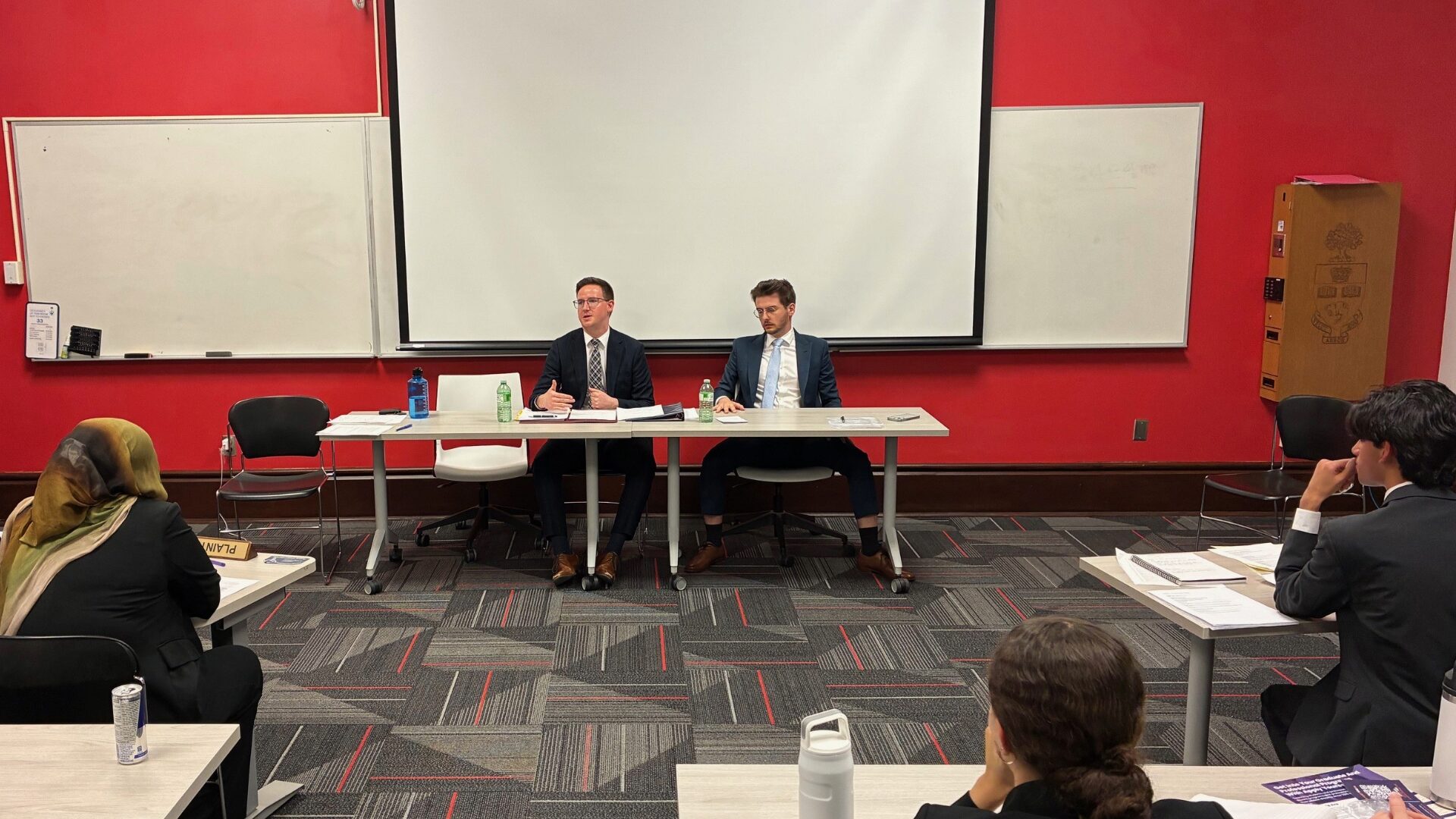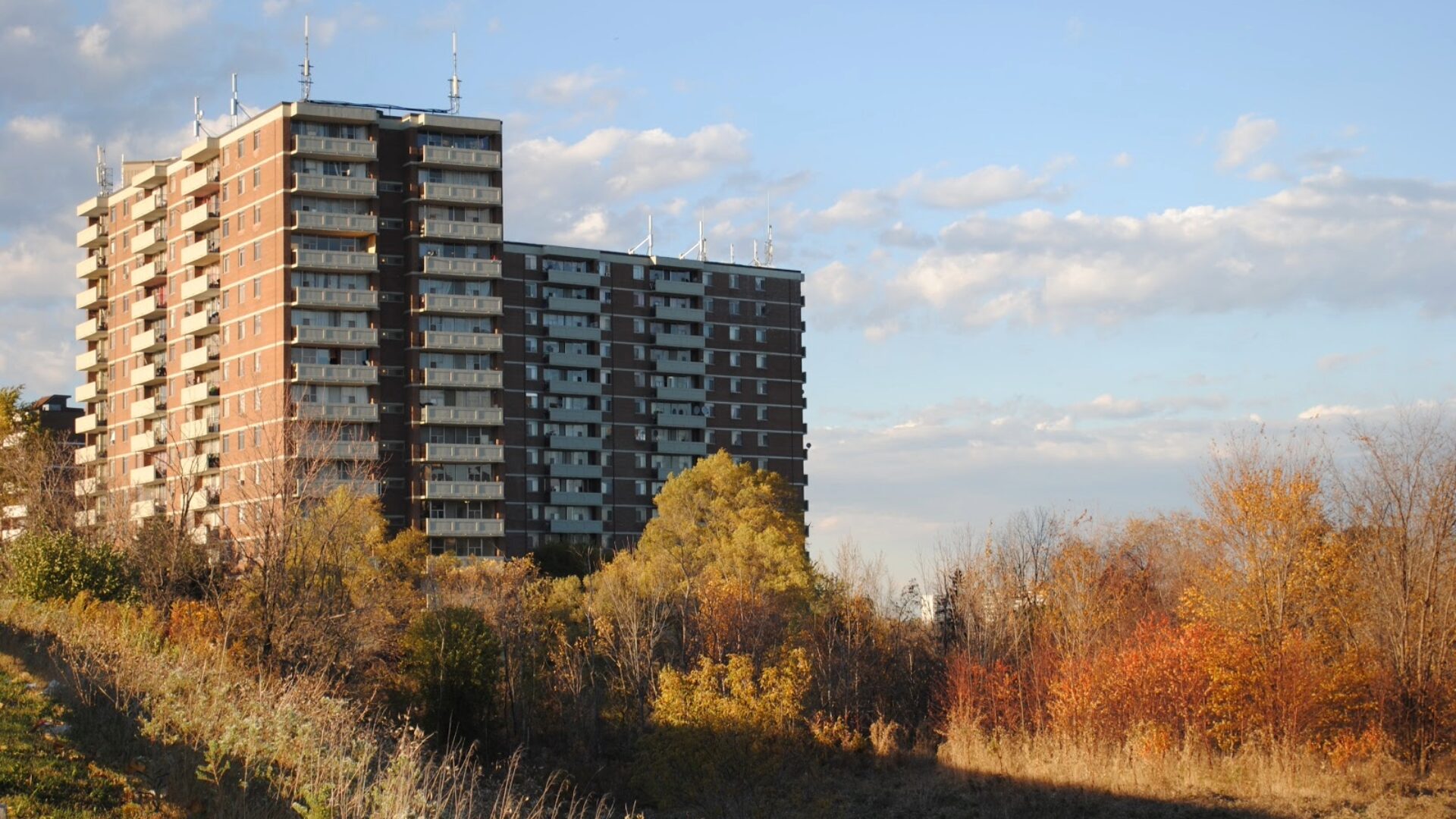We concluded our most recent Commentary on Building Permit Coverage with the following:
The title insurers have taken the position that if a building permit has simply been ‘applied for’ meaning it has been ‘opened’ then the permit has been ‘obtained’. We don’t agree. The coverage would be essentially useless if ‘obtained’ is read to mean ‘applied for’ or ‘opened’. There could easily be hundreds of thousands of dollars worth of work that remained to be completed after a building permit was simply ‘opened’. For the coverage to make any sense it has to mean obtain a closed building permit. This is particularly true given the instructions the title insurers give their lawyer agents that they do not need to conduct searches of the Building Dept.. Searches that could have revealed that the permit had yet to be inspected and closed!
When title insurance was first introduced into Canadian residential conveyancing in the mid-1990’s it was considered prohibitively expensive. Purchasers were funding legal fees and disbursements; inspection fees; transfer taxes; mortgage default insurance; and various other “Closing Costs”. Adding title insurance premium seemed unnecessary. The title insurers worked on this problem. The first thing they did was to add “Survey Coverage” alleviating the need to obtain a Land Survey which then cost roughly $1,000. I’ll have more to say on Survey Coverage in another Commentary. Succinctly – great coverage for Lenders, but whether right for Owners depends on many circumstances.
The second thing they did was help lawyers lower their quoted legal fees by (in our view illegally) kicking back $150 of premium to the lawyer ordering the policy. Insurers can’t pay commissions to unlicensed agents and lawyers are required to disclose to their clients they did NOT receive a fee but the practice continues.
A third way for the premium to “pay for itself” was to reduce the number of searches (and search costs charged to clients as disbursements) that lawyers were required to conduct before the policy could issue. Before title insurance lawyers would write to various departments of the Municipality/Region where the property was located. Lawyers had to write the letter(s); know the local fee structure; send the letter(s) with their firm’s cheque enclosed; demand a reply, review the reply(ies); discuss any issues with their clients; then requisition and negotiate any issues with the lawyer representing the Vendor. Hard to keep your quote for fees and disbursements low and still do all this work – no matter how much was actually done by your law clerks.
The title insurers solved the problem for the lawyers ordering their policies. They included “Local Authority Search” coverage in their policies.
Here is the language of the Covered Risk (#30) in First Canadian Title’s form of Owner’s policy:
“Any adverse circumstance affecting the Land which would have been disclosed by a Local Authority Search of the Land at the Policy Date.”
Let’s start with the capitalized (and therefore defined) terms. It is striking that the title insurers continue to argue, and that Courts since the Ontario Court of Appeal decision in MacDonald continue to find, that title polices cover only title matters. FCT defines “Title” as:
“the estate or interest described in Schedule “A”, which would customarily be registered in the Public Records. “Title” is not affected by matters relating only to any improvements on the Land, unless notice of those matters is registered in the Public Records as of the Policy Date”.
“Public Records” are: “records established and maintained under the applicable provincial or territorial legislation dealing with the registration of title to an interest in land”.
“Land” is however separately defined. (Makes on wonder if we should stop calling these “title insurance” policies. In fact, for years FCT has called theirs a “Home Ownership Protection Policy”.)
“Land” is defined by FCT as:
“the land or condominium unit described in Schedule A, and any improvements on the Land which are real property”.
In other words – the house, garage, shed, studio, outhouse and anything else built on the property that is not personal property like appliances, furniture and clothes.
The “Policy Date” is almost always the day your purchase closed but another capitalized term requires explanation – “Local Authority Search”. FCT defines “Local Authority Search” as:
“any search of local government records pertaining to the Land which would customarily be required by a solicitor qualified to practice law in the Province of Ontario in the normal course of a real estate transaction”.
[It is worth noting this definition has an apparent “shelf-life” as solicitors are customarily performing fewer and fewer searches!]. No one would argue however that solicitors would not customarily search the records of the Building Department of the relevant Municipality or Region in the normal course of a real estate transaction.
This is why I look at Local Authority Search coverage when interpreting Building Permit Coverage. To sell more policies through more lawyers the insurers have told those lawyers they do not need to conduct certain Local Authority Searches, including Building Dept. searches. Searches they would have been required to conduct to meet the standard of care required by the Law Society of Ontario were the lawyer issuing their firm’s legal opinion rather than selling the insurer’s policy.
For a title insurer to deny a Building Permit claim on the basis that a permit appeared to have been applied for, and even partially inspected, strikes us as a bad faith denial. It was the insurer’s decision (to avoid the cost and time associated with writing the Building Dept.) that is the reason the insured did not learn the permit had simply been “opened” and not been finally inspected and closed. It is the insurers’ underwriting decision that prevented the insured from learning of the issue in time to raise the matter with the Vendor(s).
In these circumstances it is extremely disappointing when title insurers deny otherwise valid Building Permit claims on the basis that a Building Permit had simply been ‘opened’. In my next commentary we will discuss what can happen, and what to do, when information about the Land is uncovered before your deal closes.





